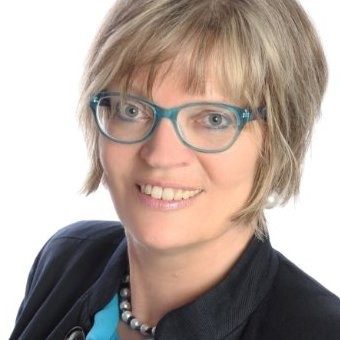Monthly Archives: September 2020
Interview with Prof. Tamara Pawluk
An Expert Interview by Sara Micacchioni Prof. Tamara Pawluk is specialized in cognitive diversity and inclusion. She has collaborated with teams designing Diversity and Inclusion campaigns and training teams to leverage diversity potential. Her professional goal is to contribute to any organization where diversity is seen as a key factor to achieve competitive advantages. Interestingly, she also works as Project Manager for Diego Romero Music to support her husband in bringing Argentinian and Latin American music into the European market. In early September I met her in her apartment in Berlin to get inspired by what she does. Who is Tamara Pawluk in a nutshell? I am an interculturalist by profession and by mindset. I like working with people from […]
Interview with Csaba Toth
An Expert Interview by Sara Micacchioni Csaba Toth is the author of the book Uncommon Sense in Unusual Times (2020), the founder of ICQ Global and the developer of the multi award-winning Global DISC™. I met him virtually at his place in Brighton that almost incidentally became his new home 16 years ago. Let’s discover together what he does in life and what his approach to interculturality is. If you were to give a pitch of Csaba Toth, how would you best describe him professionally? I will be very concise here: I teach uncommon sense. It is a mindset that allows people to see the same situation from different perspectives so they can make better decisions and they can choose […]
Interview with Petra Sorge Dos Santos, Global Leadership Coach and Transformation Synergist

An Expert Interview by Sara Micacchioni Petra lives in Hamburg and if you meet her in person, you’ll probably notice one of her eighteen shades of blue. Born and raised in Germany, one of her qualities is working in-time, which means to take care of customer’s leadership needs as much as possible in the Here and Now – also and especially when it’s complex and challenging. She is a Global Leadership Coach and with decades of experience across international Business, NGOs and engagement for Women and Black issues, she has become a specialised Transformation Synergist. Petra’s mission now is to support GLOBAL WOMEN IN LEADERSHIP. But how she got there is a very unconventional story. In Africa they say, you […]

